
Malaysia lockdown closes Vale's iron ore port: Update

Brazilian iron ore producer Vale is looking to shut its Teluk Rubiah iron ore blending terminal in Malaysia from 21-31 March to comply with a lockdown in the country aimed at slowing the coronavirus outbreak.
The terminal will be closed after a current vessel loading is completed.
The Malaysian government has asked Vale to halt operations at the terminal after the country imposed movement restrictions, which include shutting all non-essential businesses, until the end of the month to contain the spread of the coronavirus. The extent of the outbreak will determine whether the lockdown is extended.
The company is in communication with Malaysian authorities for clarity on restrictions imposed by the government on transportation between cities and its impact on workers' access to the Teluk Rubiah terminal.
"In that scenario, vessels heading to TRMT will be redirected and redistributed among our blending facilities in China with no expected impact on production and sales volume in 2020," Vale said. But this disruption will affect sales of approximately 800,000t in the first quarter, with an immaterial cost increase expected owing to additional logistics,the company added.
Vale opened the terminal in Perak in 2014 to blend its northern system Carajas fines and high-silica southern system fines. It received 23.7mn t of iron ore in 2019 and has a capacity of 30mn t/yr for incoming Valemaxes from Brazil and outgoing Capesize cargoes to China.
The impact of the outage may be minimised by Vale's shift to blending ores at Chinese ports since 2017. Vale had aimed to blend 80mn-90mn t of BRBF at overseas portside facilities to supplement around 24mn t/yr from the Malaysian terminal.
By Chris Newman


Codelco seeks restart at Chilean copper mine after collapse

Uzbek gold miner said to eye $20 billion value in dual listing

Hudbay snags $600M investment for Arizona copper project

BHP, Vale offer $1.4 billion settlement in UK lawsuit over Brazil dam disaster, FT reports

Peabody–Anglo $3.8B coal deal on the brink after mine fire

Minera Alamos buys Equinox’s Nevada assets for $115M
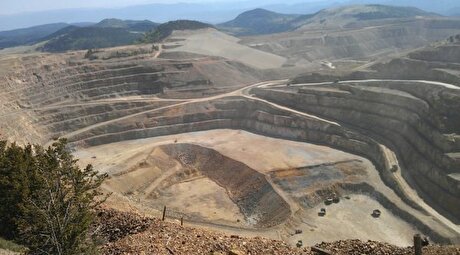
SSR Mining soars on Q2 earnings beat

Century Aluminum to invest $50M in Mt. Holly smelter restart in South Carolina

A global market based on gold bars shudders on tariff threat

Samarco gets court approval to exit bankruptcy proceedings
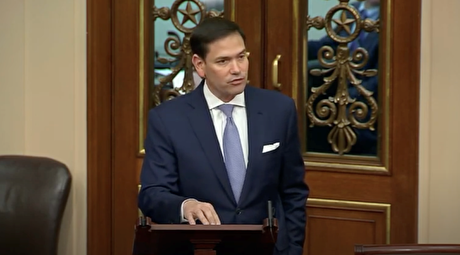
US eyes minerals cooperation in province home to Reko Diq
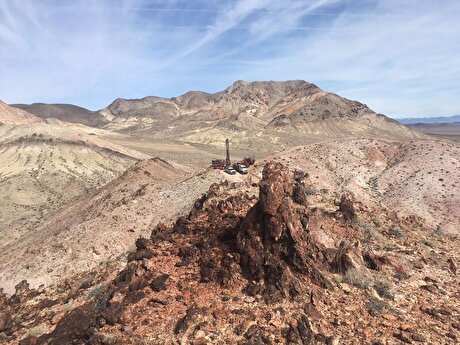
Allegiant Gold soars on 50% financing upsize

Explaining the iron ore grade shift

Metal markets hold steady as Trump-Putin meeting begins

Trump to offer Russia access to minerals for peace in Ukraine

Gemfields sells Fabergé luxury brand for $50 million

Gold price stays flat following July inflation data
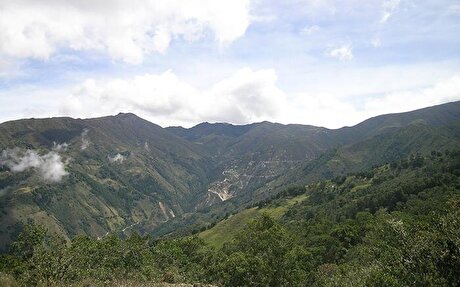
Eco Oro seeks annulment of tribunal damage ruling
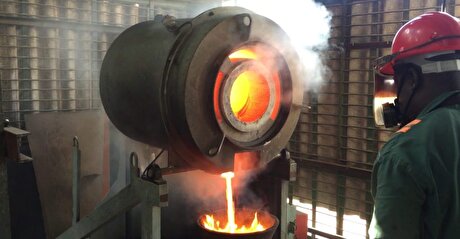
Zimbabwe labs overwhelmed as gold rally spurs exploration, miner says

Samarco gets court approval to exit bankruptcy proceedings

US eyes minerals cooperation in province home to Reko Diq

Allegiant Gold soars on 50% financing upsize

Explaining the iron ore grade shift

Metal markets hold steady as Trump-Putin meeting begins

Trump to offer Russia access to minerals for peace in Ukraine

Gemfields sells Fabergé luxury brand for $50 million

Gold price stays flat following July inflation data

Eco Oro seeks annulment of tribunal damage ruling














